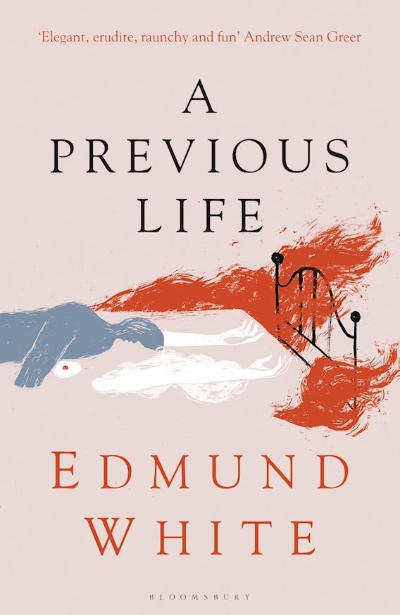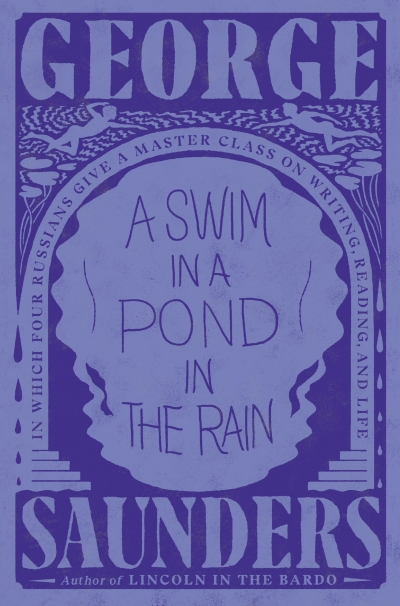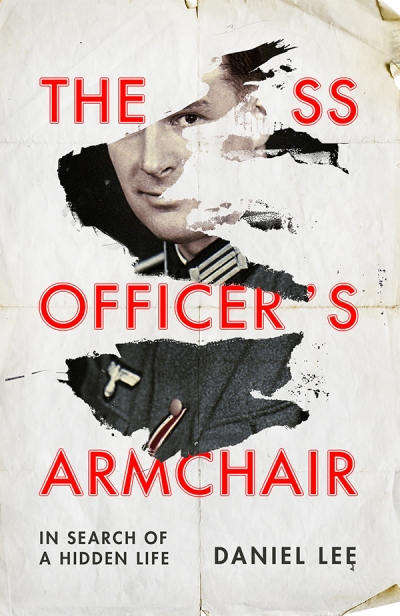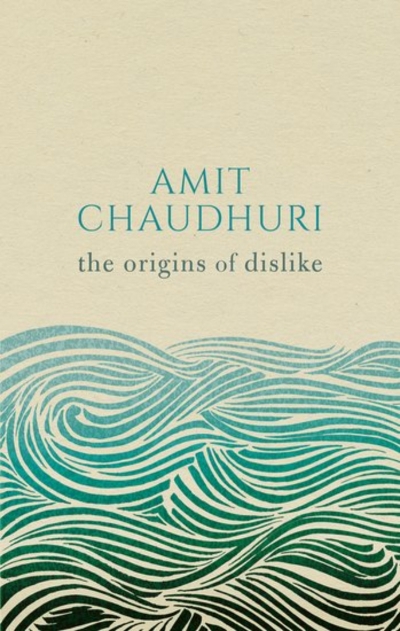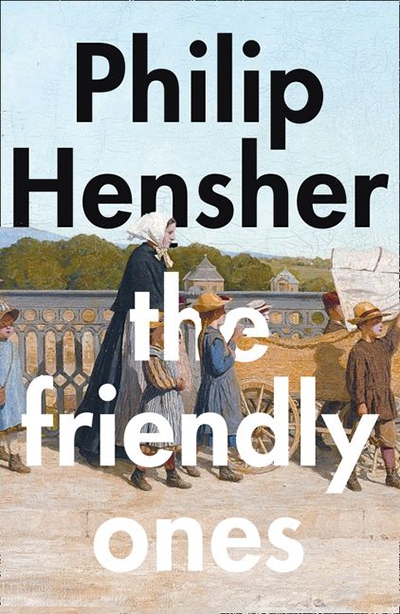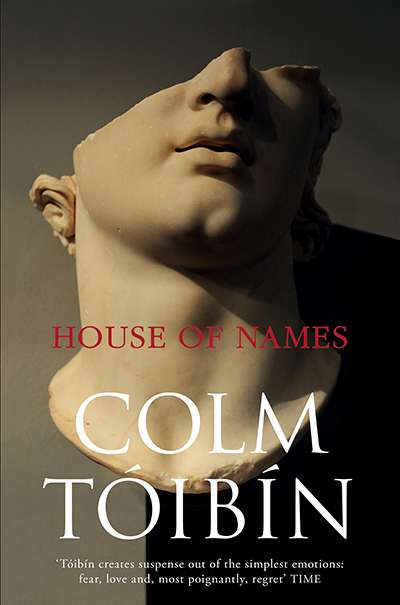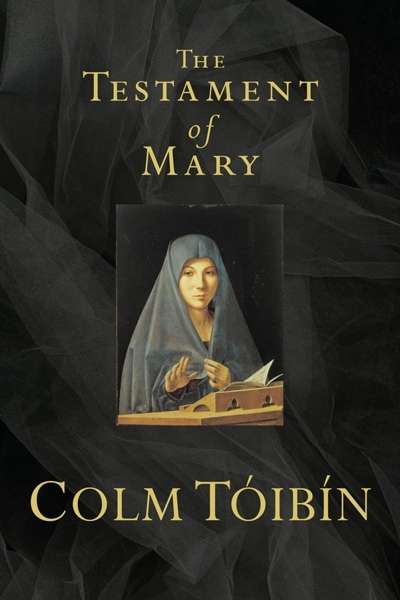Robert Dessaix

Robert Dessaix is a broadcaster, essayist, and memoirist. His most recent books are His most recent book is The Time of Our Lives: Growing older well (2020) and The Pleasures of Leisure (2017). He is also the author of several other books including the autobiography A Mother’s Disgrace (1994), the novels Night Letters (1996) and Corfu (2001), and the travel memoirs Twilight of Love (2004) and Arabesques (2008).
The Australian literary scene is described, by the multicultural professionals, as divided into ‘centre’ and marginalised ethnic fringe. In this first essay in the new series of Telecom Australian Voices, Robert Dessaix questions the terms used to define both this centre and these margins. For all the postmodern theory, Dessaix argues, multiculturalism is not necessarily helping either the wri ... (read more)
‘I consider myself more a vaudevillean than a scholar,’ George Saunders writes cheekily in his introduction to this collection. Yes, he is indeed a professor of creative writing at Syracuse University in upstate New York, a Booker Prize-winning novelist, and a regular in the pages of the New Yorker, but in A Swim in a Pond in the Rain he is first and foremost a vaudevillean: in seven short act ... (read more)
The ‘land of smiles’ was what they called Prague under German occupation during World War II – at least the Germans did. Few locals. Fresh vegetables and meat were available (to Germans) in quantities unknown back in Germany. Until close to the end, there were more than a hundred cinemas operating in the city, as well as theatres, concert halls, and numerous other places of entertainment. Af ... (read more)
There is something oddly Jesuitical about this arresting, if not quite thrilling, collection of essays in defence of Modernism (and so modernity). It may be Krishna that Amit Chaudhuri champions, rather than Catholic doctrine, or at least Krishna’s delight in ‘the infinitely tantalizing play, chicanery, and light and shade of the created universe’ (music to a Modernist’s ears, even if our ... (read more)
‘Nothing matters very much,’ says Hilary Spinster, one of the main characters in Philip Hensher’s mammoth mêlée of a novel, ‘and most things don’t matter at all’. How true, we think to ourselves, how liberating! Is this the aphorism (borrowed from Lord Salisbury) that will finally pinpoint the Big Idea underlying the story? Given all the lives ruined by people making wrong decisions ... (read more)
House of Names is a grim book, as any retelling of Aeschylus’s Oresteia is bound to be. It is a tale to harrow up your soul, to make your two eyes start from their spheres – or at least, it is until ten pages before the end, when Elektra cracks the book’s first joke and the tone becomes a touch mellower.
... (read more)
What a scandal! The Blessed Virgin sprawled on a bed in the half-dark, dead as a doornail, belly swollen, bare legs sticking out for all the world to see. What could Caravaggio have been thinking of?
... (read more)
This is an edited version of the 2011 Seymour Biography Lecture, which Robert Dessaix delivered at the National Library of Australia on 24 October 2011 and repeated during Adelaide Writers’ Week, on 8 March 2012. The Seymour Lecture is supported by John and Heather Seymour, the National Library, and ABR. We have published three previous Seymour Lectures, all of which are still available in ... (read more)

